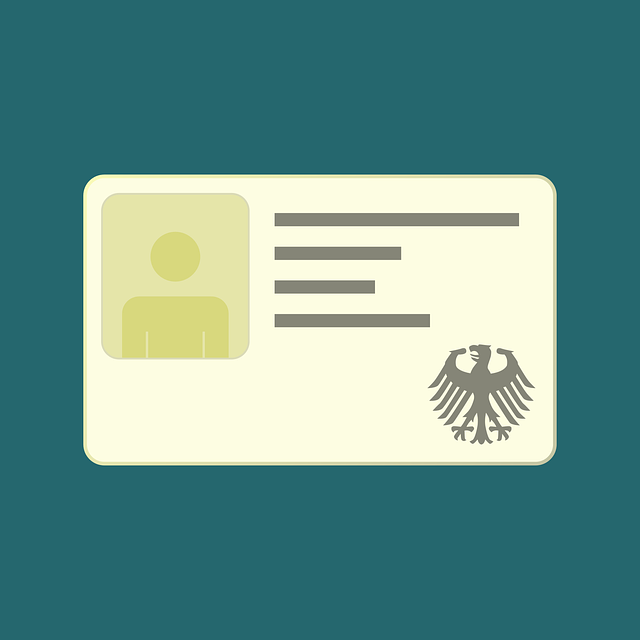UK Educational Textbook Translation Services are vital for providing inclusive education, adhering to strict standards and terminology guidelines while preserving academic integrity. These services require native-speaking translators with field expertise in both languages, backed by rigorous quality assurance processes including editing and proofreading. They must capture cultural context, align with national curriculum standards, and ensure translated materials resonate with UK students while maintaining high-quality learning experiences.
In the diverse educational landscape of the UK, ensuring quality in translations is paramount. This article explores the critical aspects of educational translation services, from understanding specific requirements to selecting reliable providers. We delve into cultural relevance, quality assurance processes, and the essential roles of native speakers and language experts. By following best practices, schools and publishers can choose the right UK educational textbooks translation services, ultimately enhancing learning experiences for students across cultures.
- Understanding Educational Translation Requirements in the UK
- Selecting Reliable and Accurate Translation Services
- Ensuring Cultural Relevance in Textbook Translations
- Quality Assurance Processes for Educational Materials
- The Role of Native Speakers and Language Experts
- Evaluating and Measuring Translation Quality Standards
Understanding Educational Translation Requirements in the UK

In the UK, educational translation services for textbooks play a pivotal role in ensuring high-quality learning materials for diverse student bodies. The demand for precise and culturally sensitive translations is driven by the country’s commitment to inclusive education. UK Educational Textbooks Translation Services must meet stringent standards set by both educational institutions and regulatory bodies.
Key requirements include maintaining academic integrity, adhering to specific terminology guidelines, and capturing the nuances of the source text. Translators must possess expertise in their field and a strong command of both the source and target languages. They are tasked with not just translating words but also understanding and preserving the original content’s intent, ensuring that UK students receive textbooks that align with national curriculum standards while catering to their unique cultural context.
Selecting Reliable and Accurate Translation Services

When selecting translation services for educational content, especially UK educational textbooks, it’s paramount to prioritize accuracy and reliability. Look for providers with a proven track record in translating academic materials, preferably those who specialize in education or have experience with curriculum resources. Reputable firms will employ native-speaking translators with expertise in their field to ensure terminology consistency and cultural adaptability.
In the UK, where educational standards are high, choosing translation services that align with these benchmarks is crucial. Seek out companies offering quality assurance processes, including thorough editing and proofreading by subject matter experts. This additional layer of scrutiny guarantees that the translated textbooks not only convey the meaning accurately but also maintain the intended learning objectives and tone suitable for the target audience.
Ensuring Cultural Relevance in Textbook Translations

When translating UK educational textbooks, cultural relevance is paramount. A straightforward translation isn’t enough; it must capture the nuances and context of the original content while adhering to the target culture’s educational standards. This involves not just replacing words but understanding and conveying the intended pedagogical message effectively.
Professional translation services for UK educational textbooks should have native speakers on their team who are well-versed in both the source and target curricula. They must possess a deep understanding of cultural references, idiomatic expressions, and teaching methodologies to ensure that translated materials resonate with students and align with national education frameworks.
Quality Assurance Processes for Educational Materials

Ensuring quality in educational translations involves a rigorous process tailored to meet the exacting standards of UK educational institutions and their students. Reputable UK Educational Textbook Translation Services implement comprehensive Quality Assurance (QA) protocols to guarantee the accuracy, cultural appropriateness, and clarity of translated materials.
This often begins with a thorough review by subject matter experts who verify the scientific and technical accuracy of the translation. Subsequent checks by native-speaking editors refine grammatical structure and ensure fluency in the target language. Additionally, back-translation services are employed to cross-verify the quality, identifying any potential errors or inconsistencies. These processes collectively aim to deliver high-quality translations that preserve the integrity of educational content while enhancing accessibility for diverse learner populations.
The Role of Native Speakers and Language Experts

The quality of educational translations is greatly enhanced by the involvement of native speakers and language experts. These professionals, who are deeply immersed in both the source and target languages, play a pivotal role in preserving the original intent and meaning of the content. They ensure that UK educational textbooks translated accurately reflect the nuances and cultural contexts inherent in the original text.
Language experts bring not just linguistic proficiency but also a deep understanding of pedagogic language use. This expertise is crucial for rendering complex concepts and academic terminology into simpler, yet precise, terms suitable for learners. Their contributions significantly impact the accessibility and effectiveness of educational materials, ensuring that students across diverse linguistic backgrounds benefit from high-quality, accurate translations of UK educational textbooks.
Evaluating and Measuring Translation Quality Standards

Translation quality in educational materials is paramount, especially for UK educational textbooks aiming to reach a global audience. Measuring this quality involves a rigorous process that evaluates various aspects of translation. One key metric is accuracy, ensuring the translated content aligns perfectly with the source material, preserving academic integrity.
Consistency and natural flow are equally vital. The translation should maintain a coherent style and tone throughout, mimicking the original text’s structure and language while adapting to cultural nuances. Professional UK educational textbook translation services employ advanced tools and human experts to assess these factors, guaranteeing that translated materials meet the highest standards.
In ensuring quality in educational translations, especially for UK educational textbooks, a comprehensive approach is essential. By understanding specific requirements, selecting reliable translation services, and implementing robust quality assurance processes, we can maintain cultural relevance and accuracy. The expertise of native speakers and language experts plays a pivotal role, while ongoing evaluation and measurement guarantee excellence. Choosing the right UK educational textbook translation services isn’t just about words; it’s about fostering inclusive education that resonates with diverse learners.
